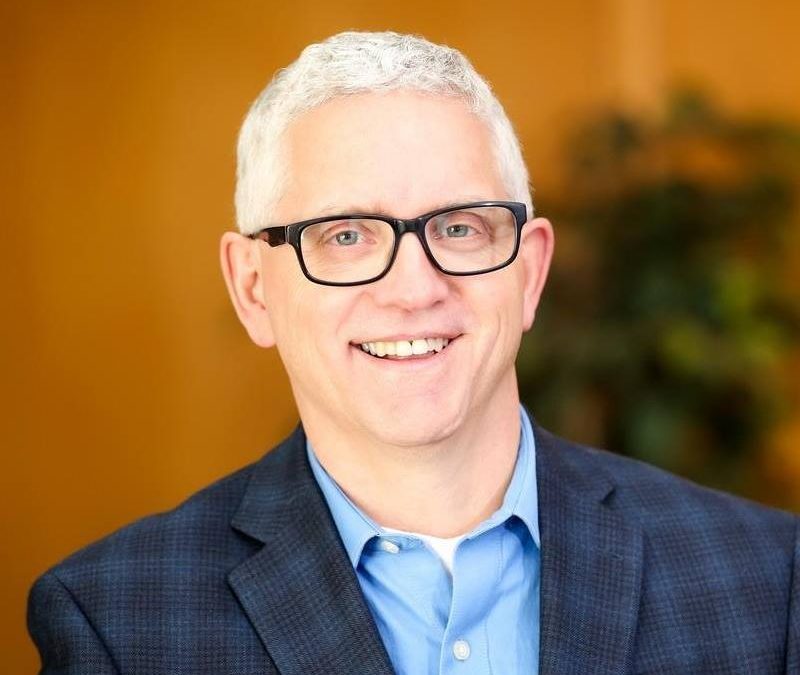The member of parliament for Desnethé-Missinippi-Churchill River is speaking on drinking water problems on First Nations in Canada.
Gary Vidal, who also serves as the Conservative Party’s shadow minister and critic for Indigenous Services Canada told MBC Radio News the federal government likes to talk about the number of drinking water advisories which have been lifted, however he explained there are often details which are left out when this is reported.
“Sometimes it’s a numbers game, where they like to talk about all of the advisories they’ve lifted, but if you dig into the details it’s like, how many of those advisories have actually gone back on,” he said.
Vidal said he has as well observed instances where Indigenous Services Canada will work to remove an advisory from a community just before it is set to become a long term advisory. He described the overall process as being akin to a moving target.
“I like to think of that, you know, the Tim Hortons challenge where they put the marble under the three cups and the cups get moved around and that’s what we seem to see from this department on some of these things,” he said.
When it comes to actually supplying First Nations in Canada with safe drinking water, Vidal said he would like to see Indigenous Services Canada start thinking about different ways to solve the problem. Specifically he suggests they look to work with companies in Canada that have provided drinking water services to companies operating in remote parts of the country and also to clients internationally. However, he said these companies have come up against roadblocks when trying to work with the federal government.
“I’ve gone out and talked to a number of Canadian companies who’ve tried to offer solutions to the department, but they’ve literally got so frustrated with the red tape and bureaucracy they’ve walked away at times,” said Vidal.
Besides infrastructure fixes, Vidal said economic reconciliation needs to be part of the discussion when it comes to dealing the issue of unsafe drinking water on First Nations as many are overall facing massive infrastructure deficits overall which need to be addressed.
“We’ve got to create opportunity in these areas in these regions, in these communities so that we can create prosperity that we can invest back in to closing that infrastructure gap,” he said.
